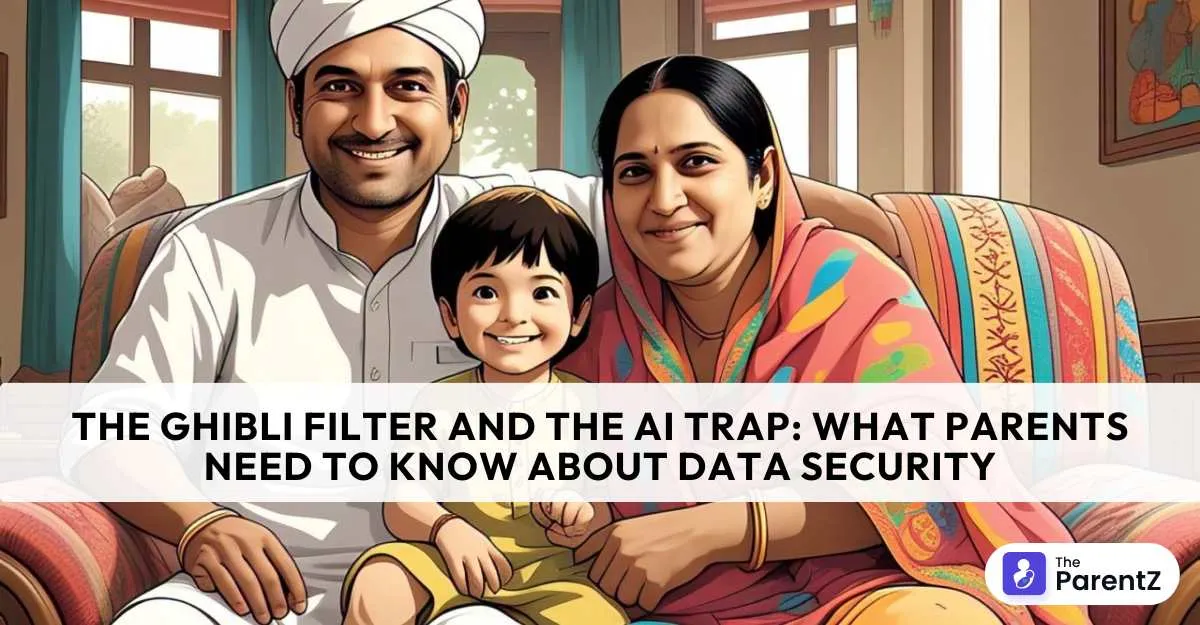It starts innocently. Your child sees a magical anime version of themselves, courtesy of the viral Ghibli filter, and begs to try it too. The result? A charming portrait with wide eyes and a mesmerizing backdrop—picture-perfect. But what many parents don’t realize is that this seemingly harmless AI trend may be masking something far more concerning. Yes, it is a quiet invasion of personal data.
Read this article to explore how the Ghibli trend is an AI trap in disguise keeping at stake your personal data.
The Digital Price With Ghibli Lure
AI filters such as the Ghibli trend are powered by algorithms that learn from the data they’re fed. When you upload an image—especially a child’s image—you’re not just giving away pixels. You may be unknowingly handing over metadata like timestamps, GPS location, and the type of device used. In fact, experts are calling this growing trend a privacy nightmare in disguise.
And they’re not wrong. In 2023 alone, more than 3,200 data breaches were reported globally, affecting over 300 million people. Many of these involved AI-powered apps with vague privacy policies or non-existent data protections.
Kids and AI: A Risky Combo
Kids are naturally drawn to filters and AI-generated art because it feels like play. But the younger the user, the more vulnerable they are. Kids’ data is especially sensitive—yet many of these tools don’t have proper age verification, parental controls, or data usage disclaimers.
Did you know that in a study, it was found that 67 percent of popular apps used by children under 13 collected personal data without clear parental consent? And once those photos are uploaded, there’s often no way to permanently delete them.
Tips For Parents To Make The Right Choice
Here are a few easy and practical steps you can take to ensure your kid’s privacy and, yes, yours too!
- Read the fine print. It’s not exciting, but it’s crucial. Therefore, always check what data the app collects and how it’s used. If it’s unclear, skip it.
- Avoid auto permissions since many apps request access to your camera, gallery, contacts, and more. Therefore, make sure to turn off anything that isn’t absolutely necessary.
- Use metadata cleaners. For example, before uploading a photo, remove hidden info, such as location or device data, using free tools or phone settings.
- Teach your kids to be cautious online. Help them understand that not every fun filter is safe to use.
Conclusion: The Bigger Picture
It’s easy to get caught up in trends. But as parents, you must balance trends with responsibility. AI filters can be magical, no doubt, but they can also silently chip away at your family’s digital privacy.
As technology becomes more intertwined with everyday life, you have to ask: Is this moment of fun worth the long-term risk?








Be the first one to comment on this story.